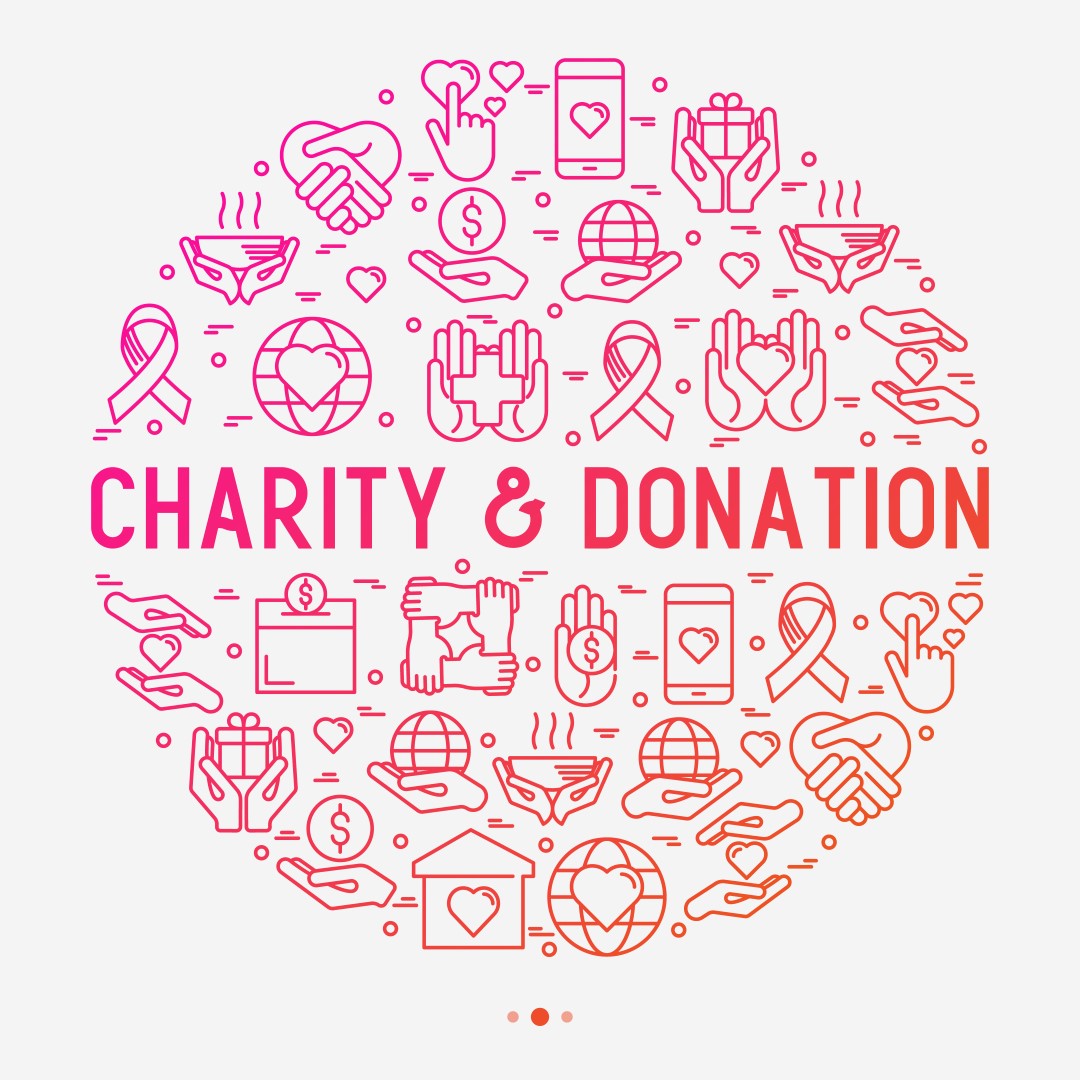
NIADA Foundation | January 05, 2017
The NIADA Foundation, which for years has invested in education through its scholarship program, is taking that investment to another level, according to an announcement from the National Independent Automobile Dealers Association. Officials said on Thursday that the foundation’s board of trustees has authorized the creation of an endowment to fund scholarships for students at the University of Texas at Arlington’s College of Business who have shown an interest in a career in the automotive industry. The NIADA Foundation Endowment was created with an initial gift of $25,000, which will be followed by four more annual donations. The university will match the donations dollar for dollar until the endowment is fully funded at $250,000.
Read More

contentmarketinginstitute | November 23, 2016
We are bombarded with so much content and information every day that conscious or unconscious filters are not only inevitable but also necessary to help us make sense of it all.
Unfortunately, human nature being what it is, we are less likely to follow, read, and engage with those with whom we disagree. Be honest — whether you vote Republican or Democrat, Leave or Remain, Left or Right — are you more or less likely to follow someone with polar opposite views?NEWS
Do You Operate In A Social Media Bubble? 3 Questions To Ask
November 20, 2016
Author - JONATHAN CROSSFIELD
Source - http://contentmarketinginstitute.com/
In Lewis Carroll’s fantastical tale Through the Looking Glass and What Alice Found There, the eponymous heroine discovers a very different world on the other side of a mirror, occupied by people and creatures she never imagined could exist.
Yet, were we to look into the same looking glass, we would see ourselves reflected. Any different realities, ideas, and viewpoints of another world would remain out of view.
Welcome to the world of social media filter bubbles — where what you see is very definitely NOT what you get.
“Sometimes I’ve believed as many as six impossible things before breakfast”
I can’t trust my social media feeds anymore. My various streams, timelines, and news feeds made it easy to believe it was impossible that the United Kingdom would vote to leave the European Union; that Australia would re-elect the Liberal government; and that Donald Trump would become the Republican nominee.
In reality, the EU referendum was decided by a very narrow margin, reflecting a far more polarized and divided country than most people realized. Meanwhile, the Australian election was so close that at the time of writing, I still don’t know who will be the new Australian prime minister. As for the U.S. presidential race, well, I’m clearly missing something.
I don’t rely on social media for my news and current affairs, so I was aware from other sources that the EU referendum and Australian election were going to be much tighter than any social media commentary might suggest. Yet many demographics increasingly get most of their news and opinion from social, without always clicking to read the detailed analysis behind the slogans and headlines. No wonder so many Remain voters were shocked and surprised by the outcome of the EU referendum. These trends also make filter bubbles open to politically motivated manipulation.
There are always at least two sides to any debate. Yet instead of providing a window onto the world, social media has become a massively distorted and personalized fantasy. Our own social media access increasingly reflects our own views, values, and opinions, strengthening our resolve and justifying our beliefs, while hiding or distorting any objective appreciation of the alternatives.
“What I tell you three times is true”
We are bombarded with so much content and information every day that conscious or unconscious filters are not only inevitable but also necessary to help us make sense of it all.
Unfortunately, human nature being what it is, we are less likely to follow, read, and engage with those with whom we disagree. Be honest — whether you vote Republican or Democrat, Leave or Remain, Left or Right — are you more or less likely to follow someone with polar opposite views?
While we may have some alternative voices in our networks, chances are that they are far fewer and often tolerated only up to a point. If you’ve ever blocked, unfollowed, or hidden someone’s posts from your newsfeed because you don’t want to see any more of their objectionable-to-you views, then you’re already guilty of reinforcing your filter bubble in the name of comfort.
Echo chambers are nothing new. We’ve always had a choice of which news sources or media pundits to follow — Fox News or CNN, Glenn Beck or John Oliver. Each choice usually has a clear bias. The one-way broadcast nature of mass media, however, is very different from the free-for-all, shout fest of social.
Read More